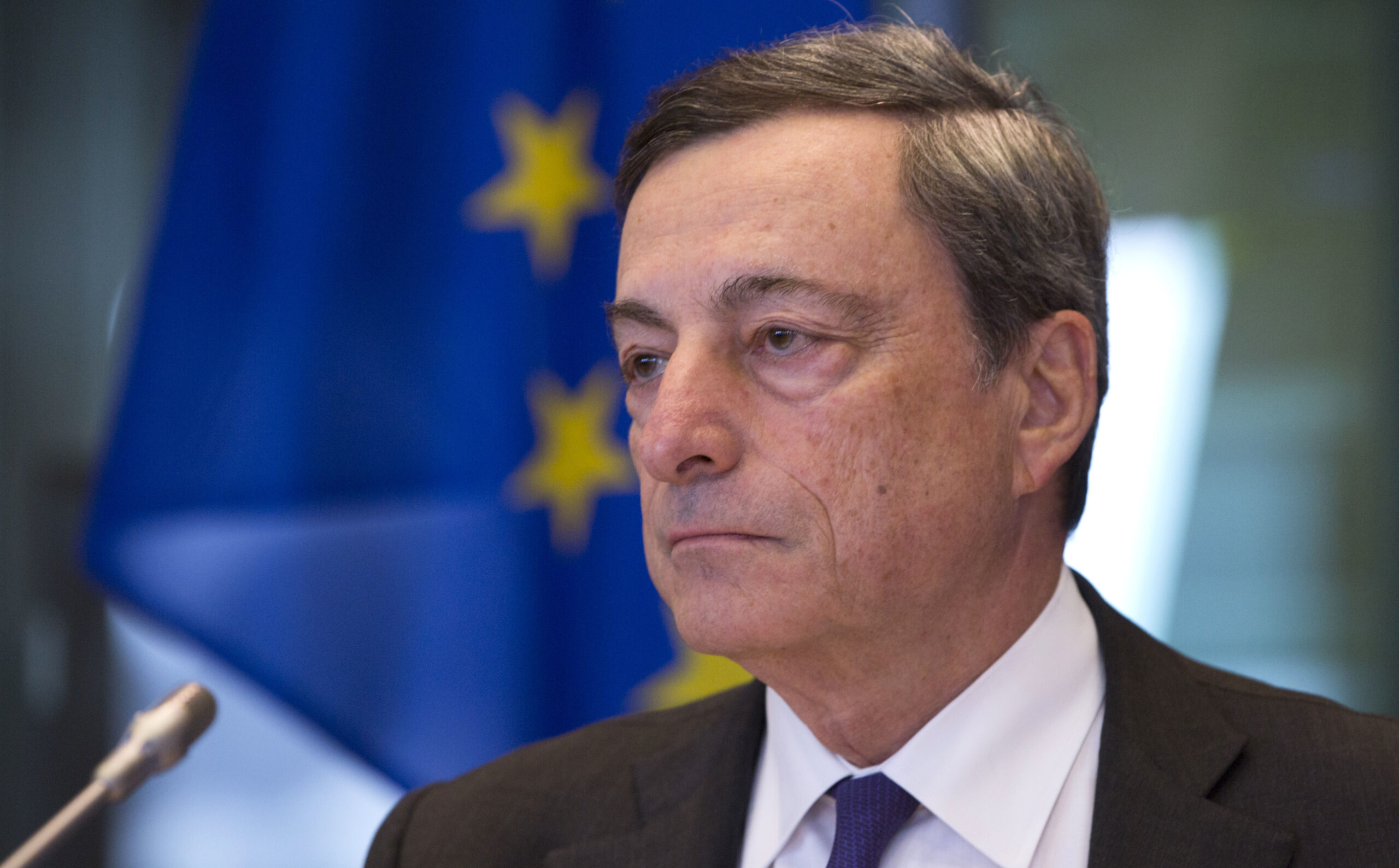FRANKFURT, Germany — The head of the European Central Bank expressed concern about the Trump administration’s moves to relax financial oversight, saying such deregulation helped pave the way for the global financial crisis.
During a hearing in the European Parliament, ECB President Mario Draghi was asked about Trump’s efforts to revisit parts of the Dodd-Frank regulations aimed at keeping risk-taking banks from sparking a repeat of the 2007-9 financial turbulence that launched the Great Recession.
“Frankly, I don’t see any reason to relax the current regulatory stance which has produced a much, much stronger banking — and, generally, financial services — industry than we used to have before the crisis,” Draghi said.
He added that more clarity was needed on what exactly Donald Trump’s government plans to do. Trump on Friday directed the Treasury to look for potential changes in the law’s provisions.
Responding to questions from the members of the parliament’s economic and monetary affairs committee, Draghi also rejected claims by the Trump administration that Germany gets unfair trade advantage from a weak euro.
Peter Navarro, head of the U.S. National Trade Council, has claimed that Germany is exploiting what he called a “grossly undervalued” currency. Lower currencies help exports; the euro has fallen from around $1.40 in 2014 to around $1.07 now.
Draghi responded Monday by saying that euro member Germany “has not engaged in persistent, one-sided intervention in foreign exchange markets.”
“We are not currency manipulators,” he added.
Draghi said Germany’s large trade surplus was based on economic competitiveness, not currency advantage.
As a euro member, Germany by itself no longer controls the interest rate and monetary policies that could force down the euro. Those powers now reside at the ECB, created to manage the shared currency. In fact, German politicians and German members of the ECB’s board have agitated in vain for higher interest rate policy that would likely have strengthened the euro.
ECB stimulus has helped lower the euro. Draghi said those policies were carried out to boost the lagging recovery in Europe, not for currency advantage: “the monetary policies that we have conducted reflect the different stage of the cycle in the eurozone and the United States.”
German Finance Minister Wolfgang Schaeuble deflected the criticism of Germany by saying in an interview published over the weekend that ECB policies that were right for the eurozone as a whole were too loose for Germany.
When Draghi launched the stimulus, “I told him that he would drive up Germany’s export surplus,” Schaeuble was quoted as saying in the Tagesspiegel newspaper. “I promised then not to criticize this course but I also don’t want to be criticized for its consequences.”

